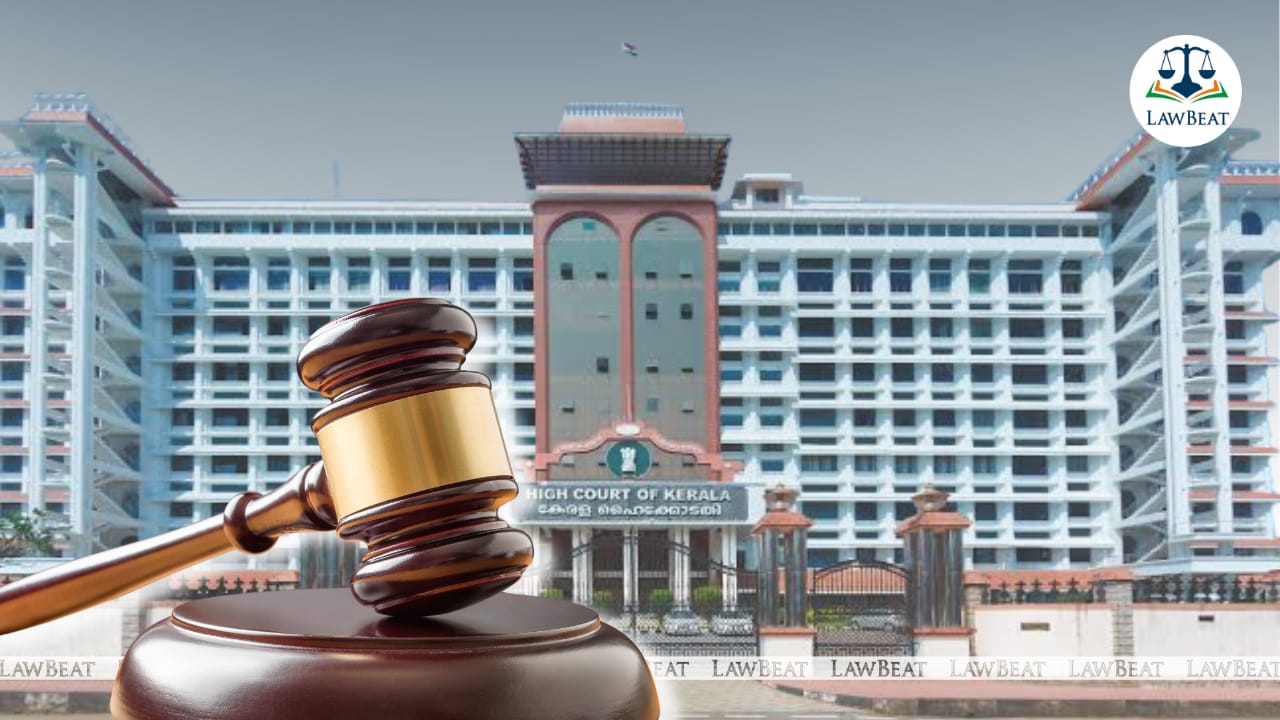Central Government’s Sanction Necessary for Foreign Organizations to Conduct Survey in India : Kerala HC

The court emphasised that if there is any intention to topple the integrity of our country by conducting such surveys, appropriate steps should be taken in accordance with the law
The Kerala High Court has declared that any foreign organization intending to conduct surveys or research among Indian citizens must obtain prior sanction from the Central Government.
A Single judge bench of Justice P.V. Kunhikrishnan, made the observation while refusing to quash a case filed against the US-based Princeton Survey Research Associates (PSRA) and their Indian partner, TNS India Pvt. Ltd. which conducted a socio-political survey allegedly targeting sensitive areas and including questions that could offend the religious sentiments of the Muslim community.
The project, known as “Green Wave 12,” was purportedly part of a global research initiative conducted in over 20 countries to analyze cultural attitudes and values. On October 2, 2010, a disturbance at Thiruvananthapuram, led police officials from to seize survey booklets of TNS, containing questions that potentially hurt the religious sentiments of the Muslim community. A case was subsequently registered under Section 153B(1)(c) [Publishing statements or appeals about a group’s obligations based on religion, race, or community, likely to cause discord or hatred between them and others] read with Section 34 of the Indian Penal Code (IPC). Initially, TNS India and four of its field workers were named as accused, but the latter were later removed from the charge sheet as they were deemed unaware of the survey’s content. The petitioners, TNS India Pvt. Ltd. (the 3rd accused) and one of its former employees (the 2nd accused), challenged the final report filed by the police, seeking the quashing of the same.
The petitioners maintained that the survey questions were standard and similar to those posed in other participating countries, with no intention to disrupt communal harmony. The petitioners cited the Supreme Court’s ruling in Ramji Lal Modi to support their claim that the allegations did not meet the threshold for invoking Section 295A [Deliberate and malicious acts, intended to outrage religious feelings of any class by insulting its religion or religious beliefs] IPC and nor did they constitute an offence under Section 153B(1)(c) IPC.
The court considered the key question “whether a foreign company can conduct surveys and research among the citizens of India without sanction from the Central Government.”
The court noted that the questions had options that emphasised religious and ethnic identities posed a serious threat to communal harmony, expressing surprise that a foreign company was conducting such a survey without government oversight. “Our country is a Sovereign Socialist Secular Democratic Republic. There is no difference between man and women in our country. There is no serious difference of opinion between Hindus, Muslims, Christian, Sikhs etc in our country. Citizens in our country are known as brothers and sisters,” observed the court.
The court, thus, ruled : “If an organization in a foreign country wants to conduct a survey in our land, permission from the Central Government is necessary. Admittedly, there is no sanction from the Central Government for conducting such a survey.”
The court concluded that while the inherent powers of the High Court under Section 482 Code of Criminal Procedure (Cr.P.C.) could be invoked to prevent the abuse of the judicial process, this was not a case where such powers should be exercised at this stage.
The court stated, “If these types of surveys are allowed to continue, the same will affect the security of our country and importantly religious harmony,” emphasising that the matter needed to be reviewed by the Central Government for appropriate action in accordance with law.
Cause Title: TNS India Pvt Ltd v State of Kerala [CRL.MC NO. 4028 OF 2017]
